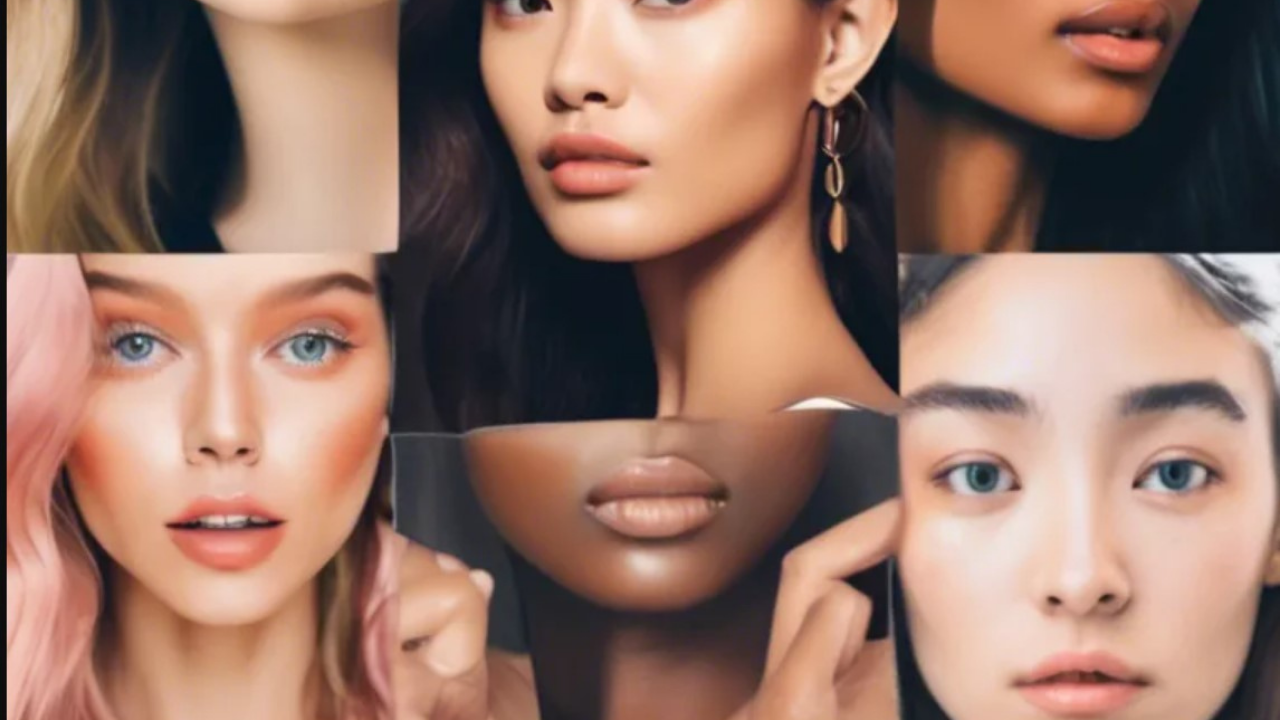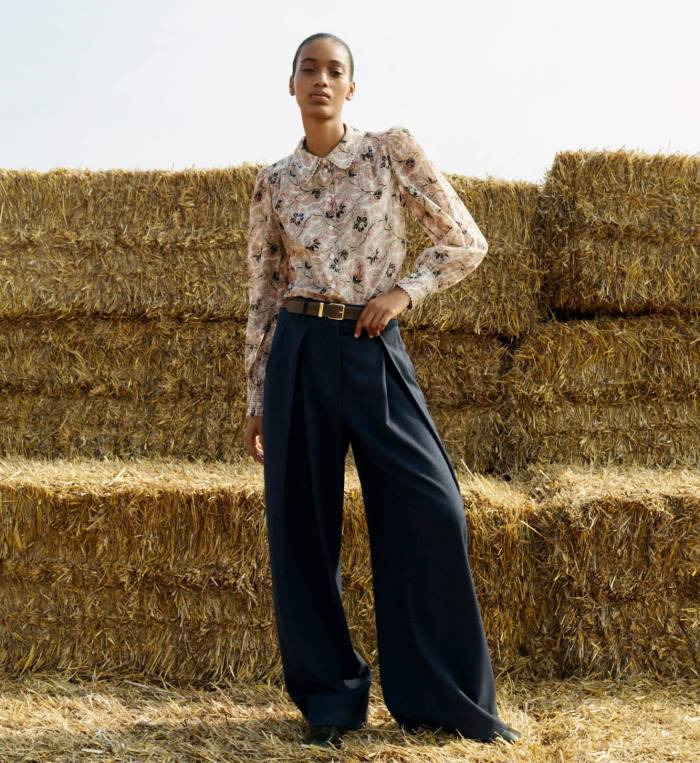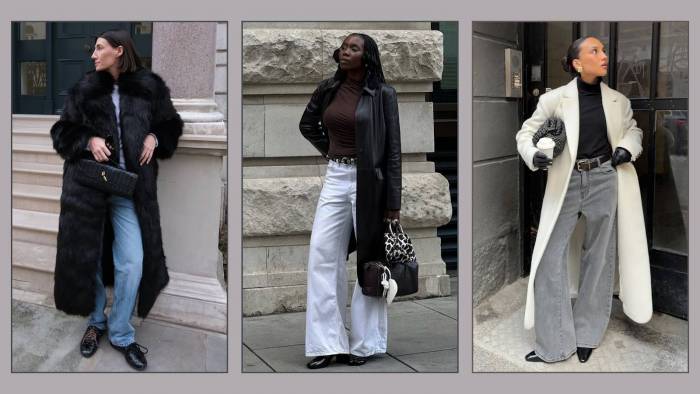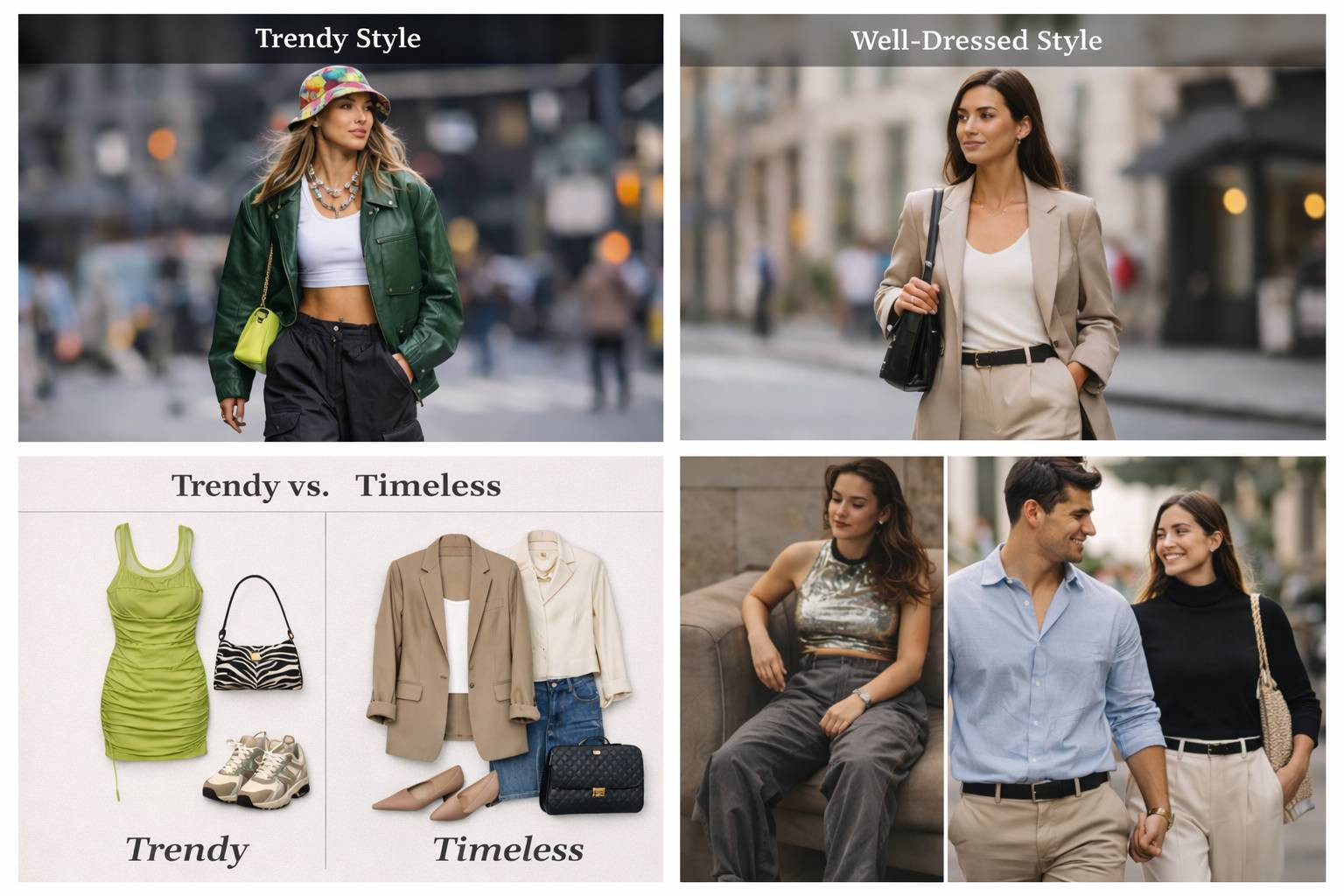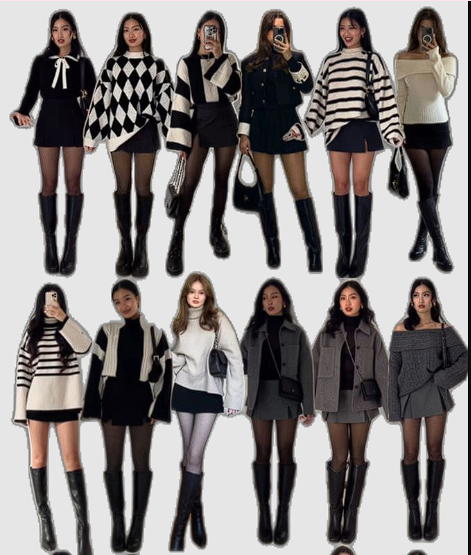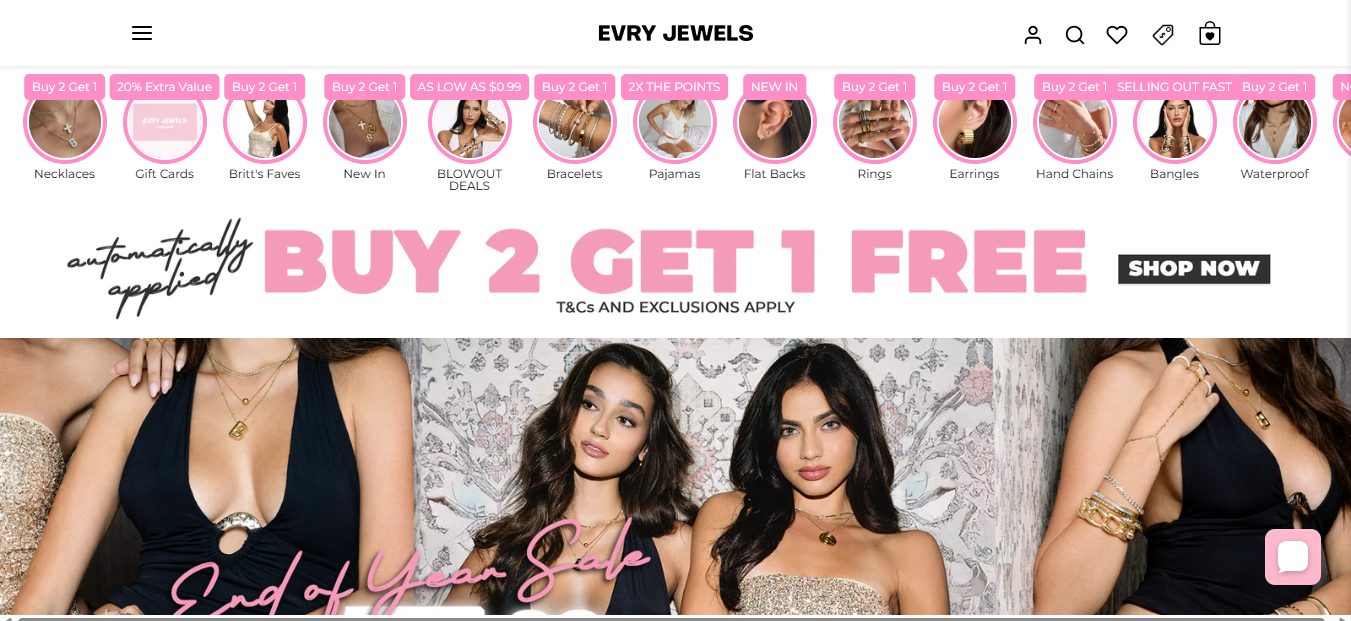Open Instagram or TikTok and you’ll see faces transformed in seconds, skin smoothed, eyes brighter, jawlines sharper. These aren’t just fun effects; filters and screens are rewriting what we believe beauty looks like.
Filters as the New Beauty Standard
Once upon a time, beauty ideals came from magazines and the cinema. Today, apps decide. Studies show filtered images are judged not only as more attractive but also as more trustworthy and sociable. The so-called “Instagram face”, flawless skin, big lips, almond eyes, was born online, then replicated in real life through makeup or surgery.
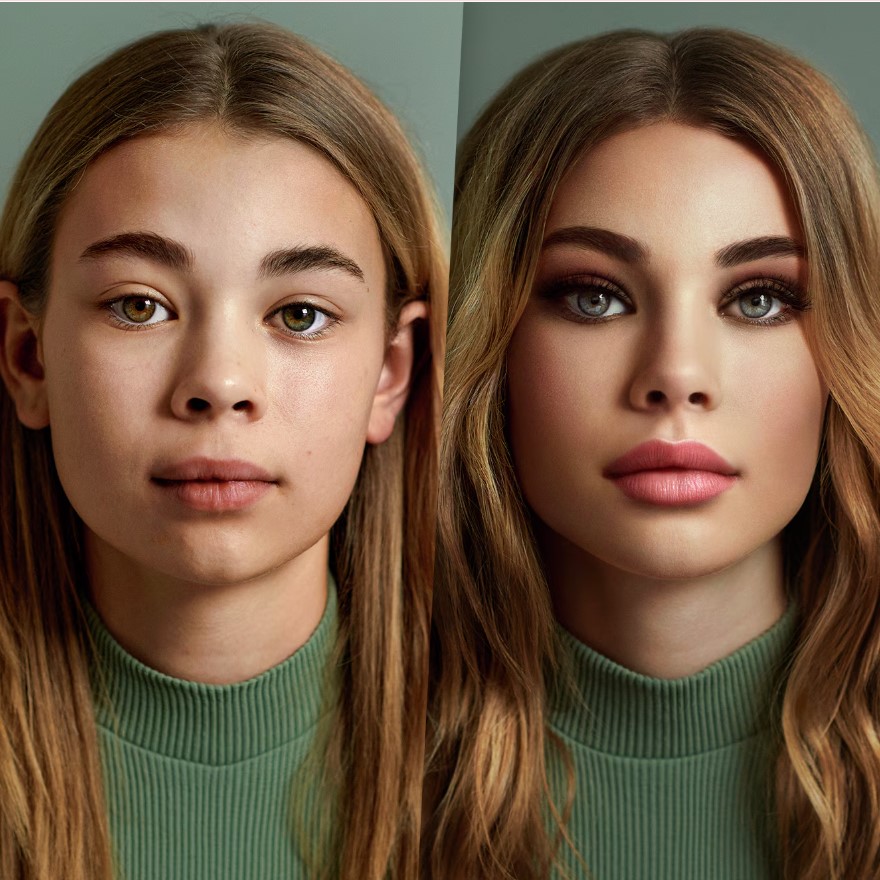
But there’s a catch: filters blur the line between appearance and identity. They can even confuse biometric systems, proving how much they alter our sense of “self.”
Screens as Silent Shapers
Filters alone aren’t the whole story. The way we constantly see ourselves on screens, video calls, selfies, live previews trains us to micro-edit in real time: tilt the chin, adjust the light, retake until “perfect.” Algorithms then reward certain looks, pushing everyone toward the same polished style.
Over time, people compare not only with others but with filtered versions of themselves. Many describe feeling “pretty for a moment, then disappointed” when they see their unedited reflection.
The Real Cost Behind the Glow
For many, this comes with a price. Psychologists report rising cases of anxiety and body dissatisfaction, especially among young users. Some even ask surgeons to make them look like their filtered selfies, a phenomenon called Snapchat dysmorphia.
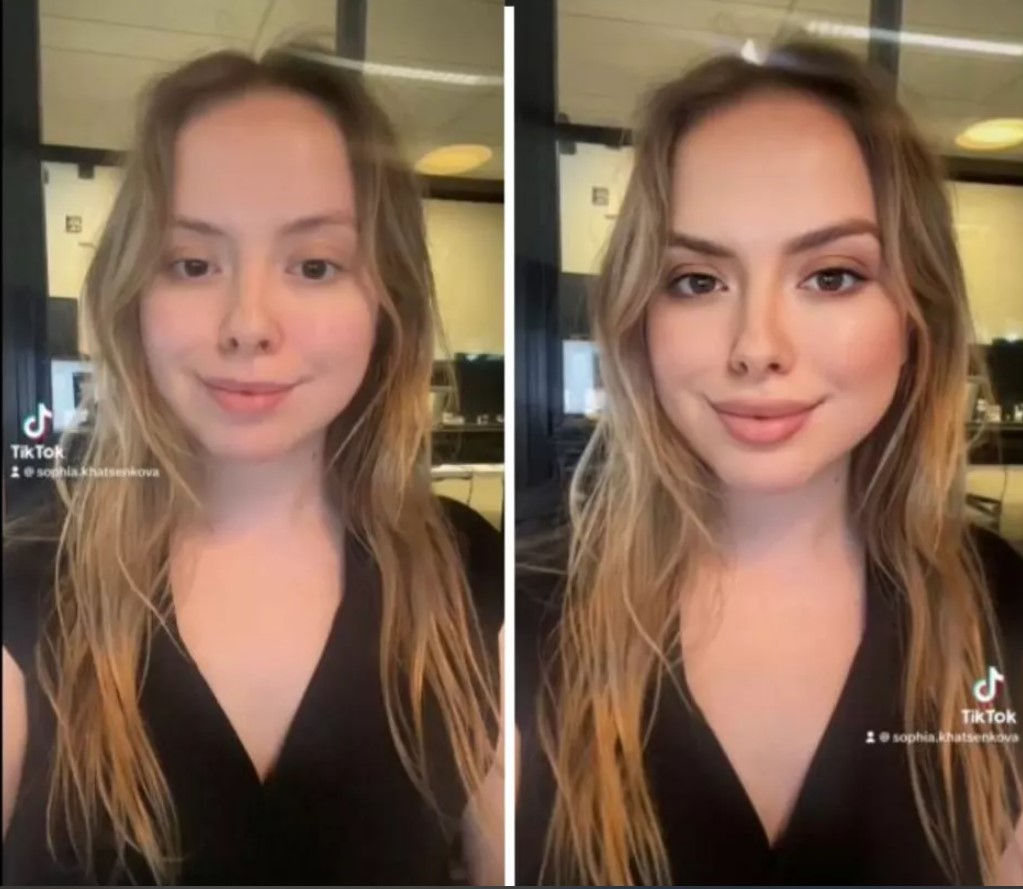
Filters also reinforce narrow ideals: lighter skin, smoother features, more symmetry. What’s presented as playful editing often sidelines real diversity in beauty.
Finding Balance
We can’t escape filters, but we can manage their influence. Choosing to follow creators who post unedited content, taking breaks from screen time, and talking openly about digital illusions all help. Even reducing filter strength on our own posts makes a difference.
Platforms, too, carry responsibility by being transparent about filter use and encouraging diverse representations.
Closing Thought
Living on camera has become everyday life. Filters and screens don’t just capture us; they shape us. The challenge now is not to reject them outright, but to use them with awareness so beauty remains human, not just an edited version of it.
